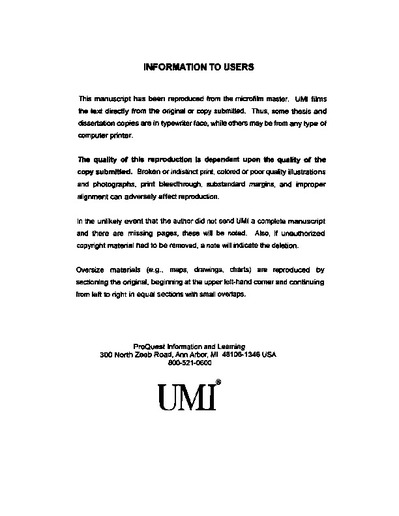| dc.description.abstract | This dissertation delineates the theological tenets of John Piper's evangelistic ministry at Bethlehem Baptist Church in Minneapolis. In addition to his basic conservative, evangelical presuppositions, there are four theological tenets that drive the evangelistic ministry of John Piper: the sovereignty and supremacy of God, the depraved affections of man, conversion as the creation of a Christian Hedonist, and the glorifying witness of the church.
Chapter 1 addresses Piper's role in modern evangelicalism as a recovery theologian. He is one of several pastors and authors calling evangelicals to recover the god-centered theology of the reformers. Piper's unique perspective of Christian Hedonism is his prescribed vehicle for that recovery. The theology of evangelism springing from this perspective is particularly valuable as a remedy for the atheological pragmatism currently driving so many evangelical churches.
Chapter 2 is biographical in nature, exploring Piper's life and theological development. In addition to describing the experiences of his conversion and call to ministry, this chapter details the pivotal awakening he experienced at Fuller Seminary that led to the development of Christian Hedonism and his subsequent espousal of Calvinism. This chapter also recounts the theological developments Piper has experienced during his pastorate, including the missiological awakening that took place at Bethlehem Baptist Church during the mid 1980s.
Chapter 3 then delineates the four theological tenets and the sub-points that embody the evangelistic aspects of each tenet. His published writings are the primary sources for this chapter, and the material reflects his affinity for Edwards and his God-centered hermeneutic.
Chapter 4 examines five facets of Piper's ministry to prove that the theological tenets delineated in chapter three do indeed define and drive the evangelistic ministries of Bethlehem Baptist Church. Preaching, prayer, discipleship, outreach (local and global), and Piper's writing ministry are each examined to show the foundational presence of the four tenets in the evangelistic aspects of each ministry.
Chapter 5 closes the dissertation by summarizing the material presented in chapters three and four. The final section of this fifth chapter briefly addresses the strengths and weaknesses of Piper's theology of evangelism and Bethlehem's evangelistic ministries. | en_US |

